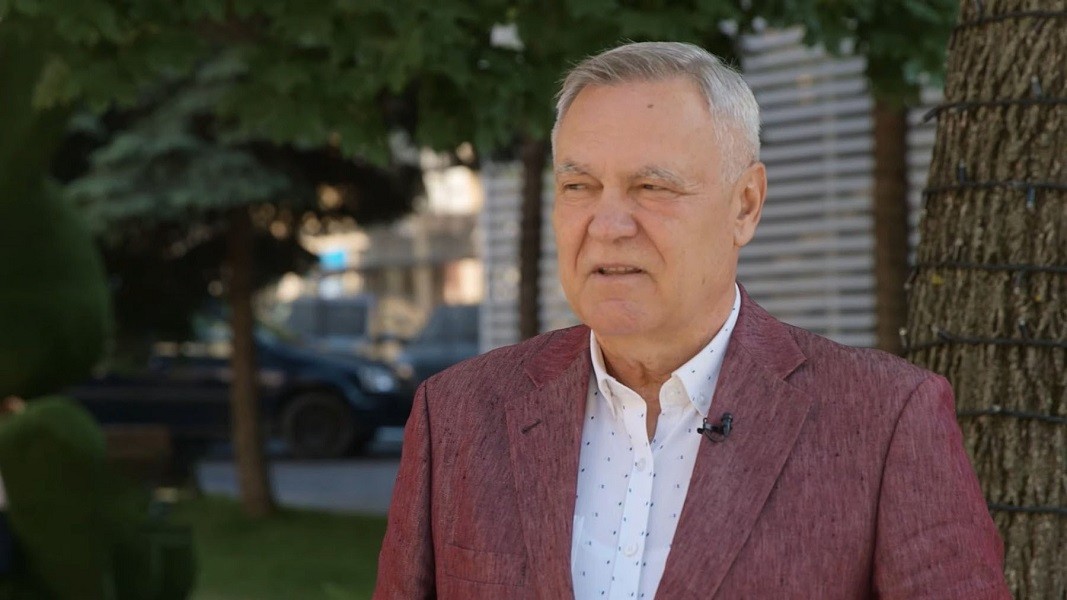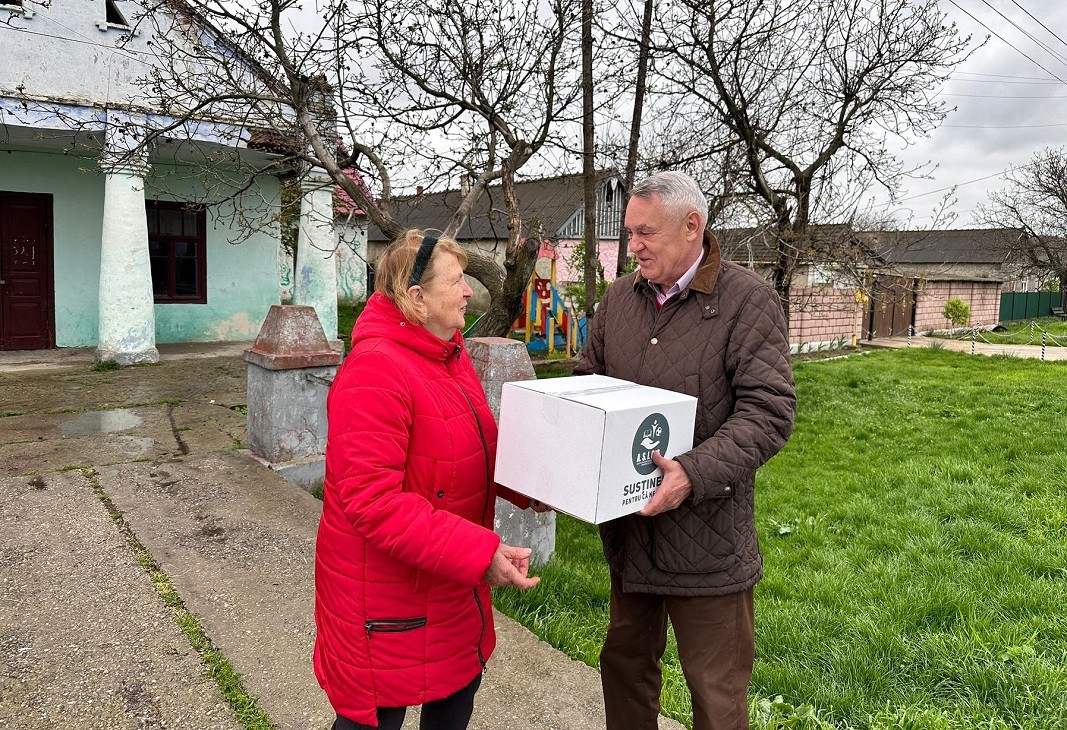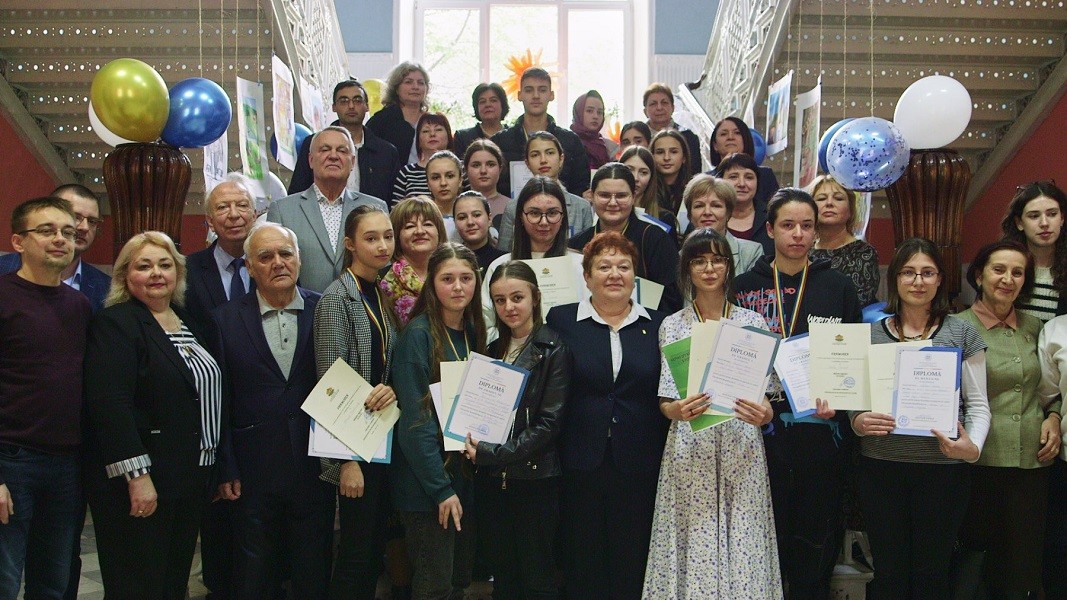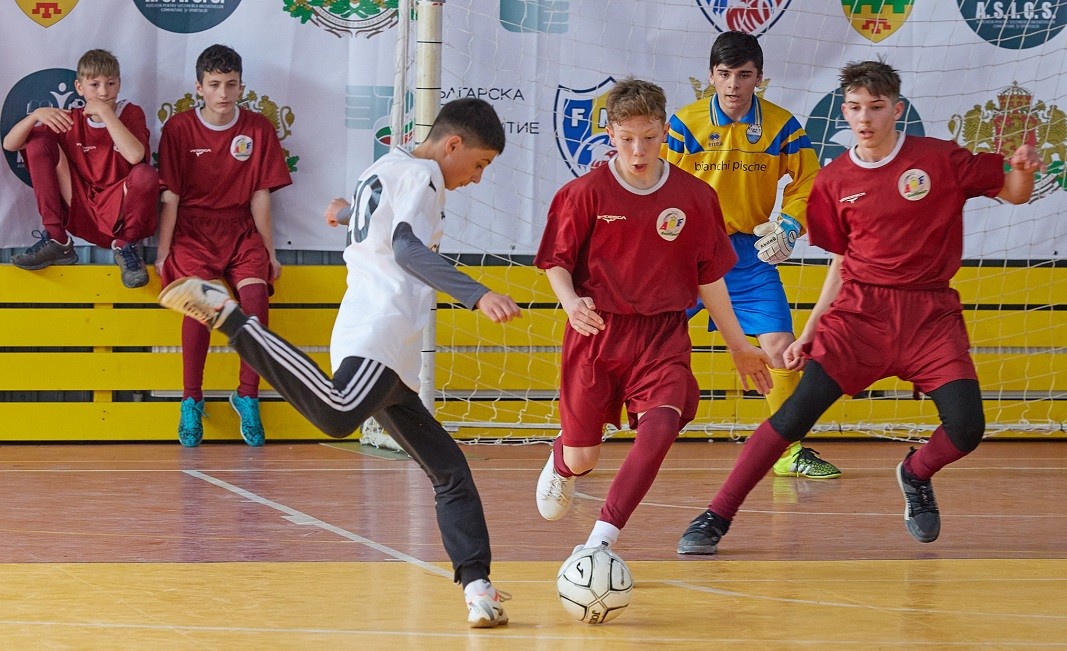Fleeing from Ottoman rule, more than two centuries ago, thousands of Bulgarians emigrated to Moldova where their descendants still jealously guard the Bulgarian language, traditions, culture, and even recipes from the Bulgarian cuisine. According to official statistics, there are about 80,000 ethnic Bulgarians in Moldova. Approximately half of them live as a compact community in Taraclia district, says Georgi Barbarov, chairman of the Bulgarian municipality in the Republic of Moldova, in an interview with Radio Bulgaria’s Miglena Ivanova. The activities of this organization affect all Bulgarians on the territory of the country, and during the past year – they have affected the ethnic Bulgarians fleeing Ukraine and seeking refuge on Moldovan land:
“Moldova has a border with Ukraine, and there are Bulgarians living as a compact community on the very border between the two countries. That is why the first refugees first came to the Bulgarians in Moldova,” says Georgi Barbarov, and goes on to describe the effect the war in Ukraine is having on the Bulgarian community in Moldova. “The Ukrainian Bulgarians in the region of Odessa are Bessarabian Bulgarians, and so are we. Our ancestors went to Bessarabia, which was part of Russia, from more or less the same regions. The first refugees from Ukraine came to us at the end of February. Many of them have already left, returning to where they came from, but there are some who have stayed in the district of Taraclia with family or friends…”

Georgi Barbarov has been at the head of the Bulgarian municipality in the Republic of Moldova since the end of December 2022. He says the aims and tasks of the municipality include the preservation of Bulgarian culture and traditions, the study of the Bulgarian language, helping seniors and persons with disabilities, but also endorsing state policies for work with the ethnic minorities in parliament that will uphold the interests of Moldovan Bulgarians:

“Moldova is a candidate for membership of the European Union. Any country wanting to join the EU has to synchronize its laws with European legislation. In Romania, for example, there are around 12,000 Banat Bulgarians who have been living there for more than 300 years. They have the right to elect their own member of parliament from the Bulgarian community. We visited with Georgi Nakov, who is an MP for a second term, and who upholds the interests of Bulgarians in the Romanian parliament. There are just 6,000 Bulgarians in Hungary, but they have their own representatives in local self-government who uphold their interests. Not as MPs, but they have the right to hear out, to present to the Bulgarians locally all documents approved by the respective town council, so they will know what is going on, as Hungarian as a language is so very different from Bulgarian.”
As a matter of fact, the language barrier– the requirement to be able to speak Romanian - is a problem for the Bulgarian minority in Moldova, Georgi Barbarov says and adds:
“The difference between the Bulgarian and the Russian language is one thing, and the difference between Bulgarian and Romanian (the official language in Moldova) is another. Bulgarian and Romanian belong to different families of languages, and if you do not speak Romanian you cannot get a job. The same is true of education. To get any kind of job you need to undergo training. And when the training is in Romanian, and the person does not speak Romanian, then, of course, nothing is going to come out of it.”

Georgi Barbarov says that despite the constant changes of government in Bulgaria in recent years, the Bulgarian community in Moldova has not been forgotten. Indigent ethnic Bulgarians and adolescents have been receiving material assistance with the financial support of Bulgaria. A Bulgarian language Olympiad, organized by the Ministry of Education of Moldova, and with the support of the Bulgarian embassy, was held in April, and the winner will go to study at a university in Bulgaria.

Translated from the Bulgarian and posted by Milena Daynova
Photos: Facebook / Bulgarian municipality in the Republic of Moldova
The so-called Seal of Biliteracy was created in 2011 in the US state of California with the idea that in the conditions of a globalized economy and relationships, it is not possible for a person to develop their full potential by..
Fertility Europe , the pan-European organization that represents patient associations focused on infertility issues, has announced the start of the 9 th European Fertility Week 2025, 3-9 November. The campaign is taking place throughout Europe..
Today, in the Radio Bulgaria studio, we welcomed Helmut Matt – a writer, radio journalist and poet, who has maintained a special connection with Bulgaria for many years. In his book "Bulgarian Impressions" and in his numerous radio broadcasts, he..
The so-called Seal of Biliteracy was created in 2011 in the US state of California with the idea that in the conditions of a globalized..
Fertility Europe , the pan-European organization that represents patient associations focused on infertility issues, has announced the start of the 9..
On November 8 in Hall 11 of the National Palace of Culture, Bulgaria’s best masters and artisans will be awarded for the third time. The founder and..

+359 2 9336 661
